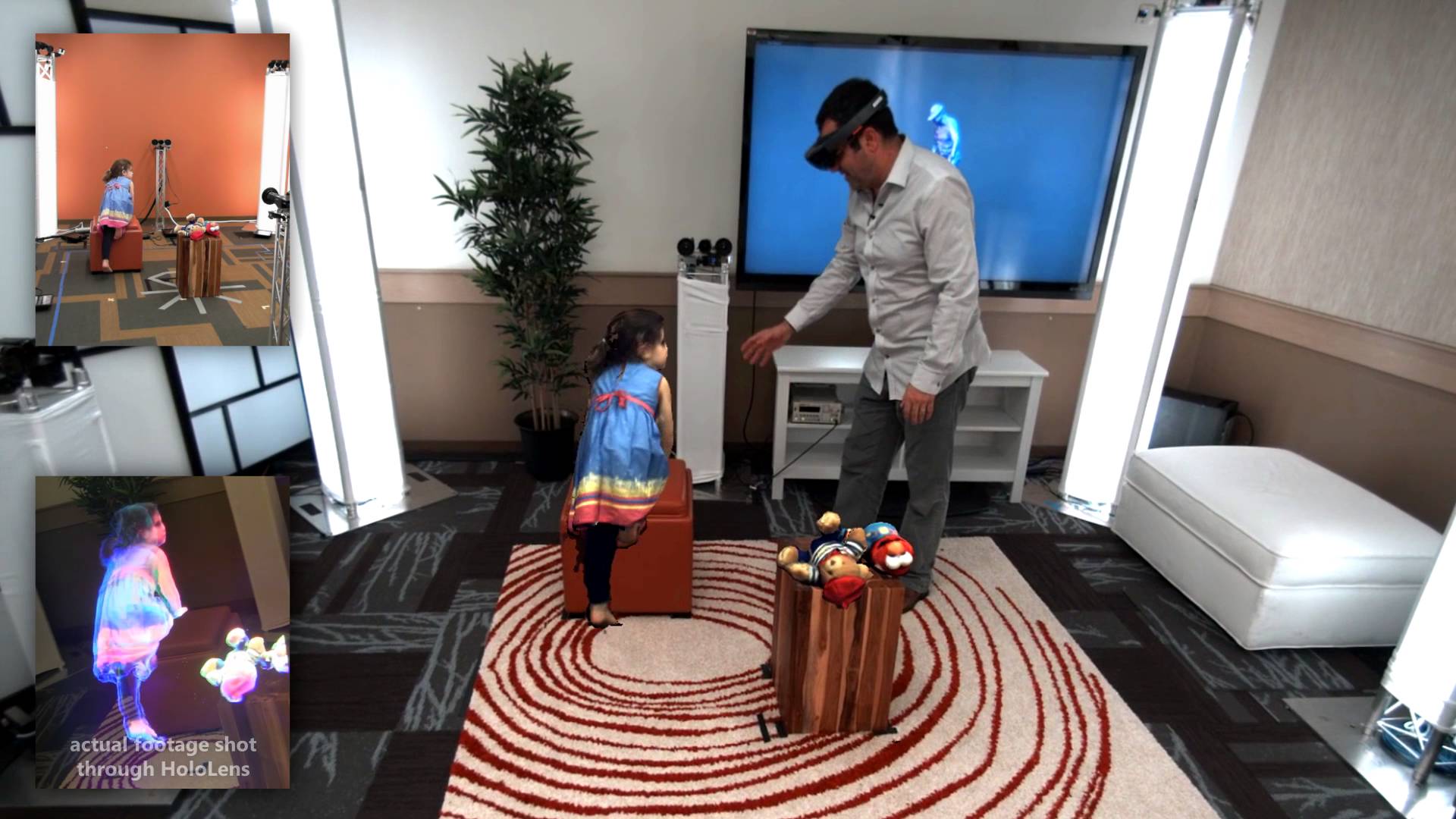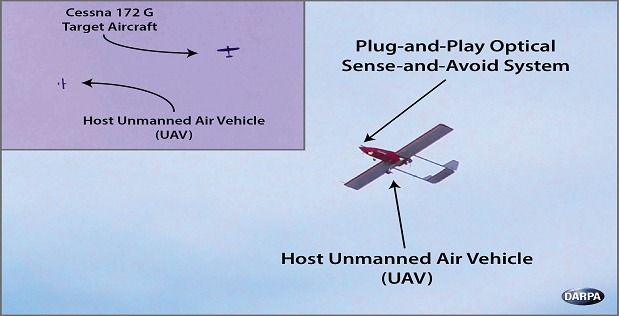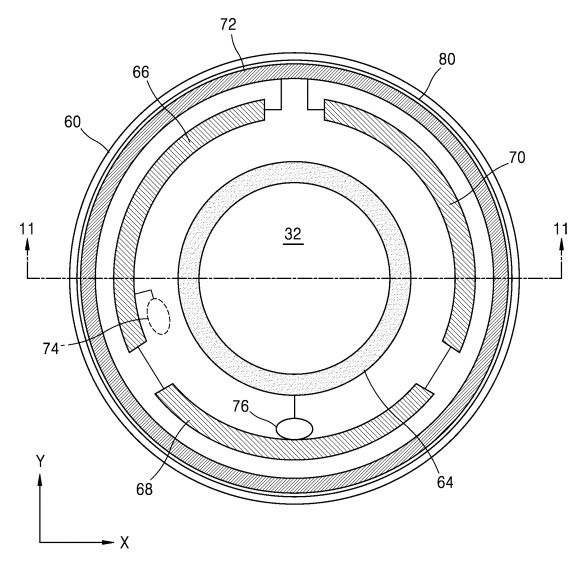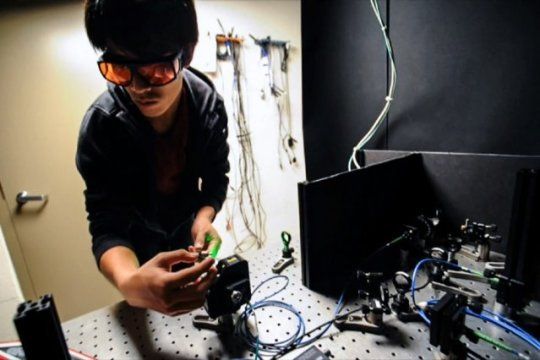Page 11294
Apr 6, 2016
Samsung Files Patent For Augmented Reality Smart Contact Lenses
Posted by Karen Hurst in categories: augmented reality, electronics, mobile phones, transportation
Samsung’s dream of creating smart contact lenses capable of capturing images and shooting videos has just drawn closer. However, the patent reveals that Samsung has been working on the concepts and not necessarily the actual product which they trademarked as Gear Blink, which was filed in both South Korea and the U.S.
‘The analysis component of the contact lens can process the raw image data of the camera to determine processed image data indicating that the blind person is approaching intersection with a crosswalk and establish that there is a vehicle approaching the intersection’. It could very well be a smart contact lens. It’s a contact lens that consists of a small display, camera, RF antenna, and sensors to detect eye movement.
SamMobile states that the “lenses can provide a more natural way to provide augmented reality than smart glasses”. While the display projects images directly into the eye of the person wearing the contacts, an external device like a smartphone is needed for processing.
Continue reading “Samsung Files Patent For Augmented Reality Smart Contact Lenses” »
Apr 6, 2016
Cattle being bred to resemble the extinct Aurochs seen in ancient cave paintings
Posted by Karen Hurst in category: futurism


The extinct heavy cattle could graze European plains again, as scientists are trying to ‘resurrect’ them from genes found in modern cattle. Aurochs were recorded by cave men in striking paintings at Lascaux, France, 17,000 years ago. An example of one of the paintings is shown above.
Apr 6, 2016
Microsoft’s ‘holoportation’ tech could be key to supplanting phones
Posted by Karen Hurst in categories: augmented reality, mobile phones, virtual reality

A few months ago; it was announced that Smartphones will be a thing of the past within the next 5 years. Luv it AR & VR with an earpiece for communications.
This is getting freaky…
Continue reading “Microsoft’s ‘holoportation’ tech could be key to supplanting phones” »
Apr 6, 2016
System Could Help Prevent Mid-Air Collisions
Posted by Karen Hurst in categories: robotics/AI, transportation

https://youtube.com/watch?v=ZN2ZiyVffPI
1st success seen in system designed to help aircraft automatically avoid mid-air collisions.
Flight tests demonstrate optical sense-and-avoid capability that detects and tracks nearby aircraft, setting the stage for future manned and unmanned aircraft to autonomously steer clear of them.
Apr 6, 2016
A new drone warship could target submarines
Posted by Karen Hurst in categories: drones, military

Good at finding diesel submarines. My verdict is out for now.
VIDEO: This drone is seaworthy.
Continue reading “A new drone warship could target submarines” »
Apr 6, 2016
Advance may make quantum computing more practical
Posted by Karen Hurst in categories: computing, engineering, quantum physics, transportation
Very nice; we’re getting closer.
But superposition is fragile, and finding ways to preserve it is one of the chief obstacles to developing large, general-purpose quantum computers. In today’s Nature, MIT researchers describe a new approach to preserving superposition in a class of quantum devices built from synthetic diamonds. The work could ultimately prove an important step toward reliable quantum computers.
In most engineering fields, the best way to maintain the stability of a physical system is feedback control. You make a measurement — the current trajectory of an airplane, or the temperature of an engine — and on that basis produce a control signal that nudges the system back toward its desired state.
Continue reading “Advance may make quantum computing more practical” »
Apr 6, 2016
Are we 20 years away from ‘designer’ babies?
Posted by Aleksandar Vukovic in categories: biotech/medical, genetics, law, sex
What if prospective parents had the opportunity to make decisions ahead of time about the combination of genetic traits their child would inherit? The question is more than science fiction, says Hank Greely, a law professor at Stanford University.
The underlying science and technology are advancing rapidly—and now is the time to consider carefully “what kind of legal changes would be necessary to try to maximize the benefits and minimize the harm of this new approach to making babies,” he says.
Greely explored the legal, ethical, and societal implications of emerging biotechnologies for a new book, The End of Sex and The Future of Human Reproduction (Harvard University Press, 2016), that envisions a world where procreation may not start in bedrooms, but rather in a petri dish in a medical clinic.
Apr 6, 2016
Supermassive black holes may be lurking everywhere in the universe
Posted by Andreas Matt in category: cosmology
A near-record supermassive black hole discovered in a sparse area of the local universe indicates that these monster objects — this one equal to 17 billion suns — may be more common than once thought, according to University of California, Berkeley, astronomers.
Until now, the biggest supermassive black holes — those with masses around 10 billion times that of our sun — have been found at the cores of very large galaxies in regions loaded with other large galaxies. The current record holder, discovered in the Coma Cluster by the UC Berkeley team in 2011, tips the scale at 21 billion solar masses and is listed in the Guinness Book of World Records.
The newly discovered black hole is in a galaxy, NGC 1600, in the opposite part of the sky from the Coma Cluster in a relative desert, said the leader of the discovery team, Chung-Pei Ma, a UC Berkeley professor of astronomy and head of the MASSIVE Survey, a study of the most massive galaxies and black holes in the local universe with the goal of understanding how they form and grow supermassive.
Continue reading “Supermassive black holes may be lurking everywhere in the universe” »














